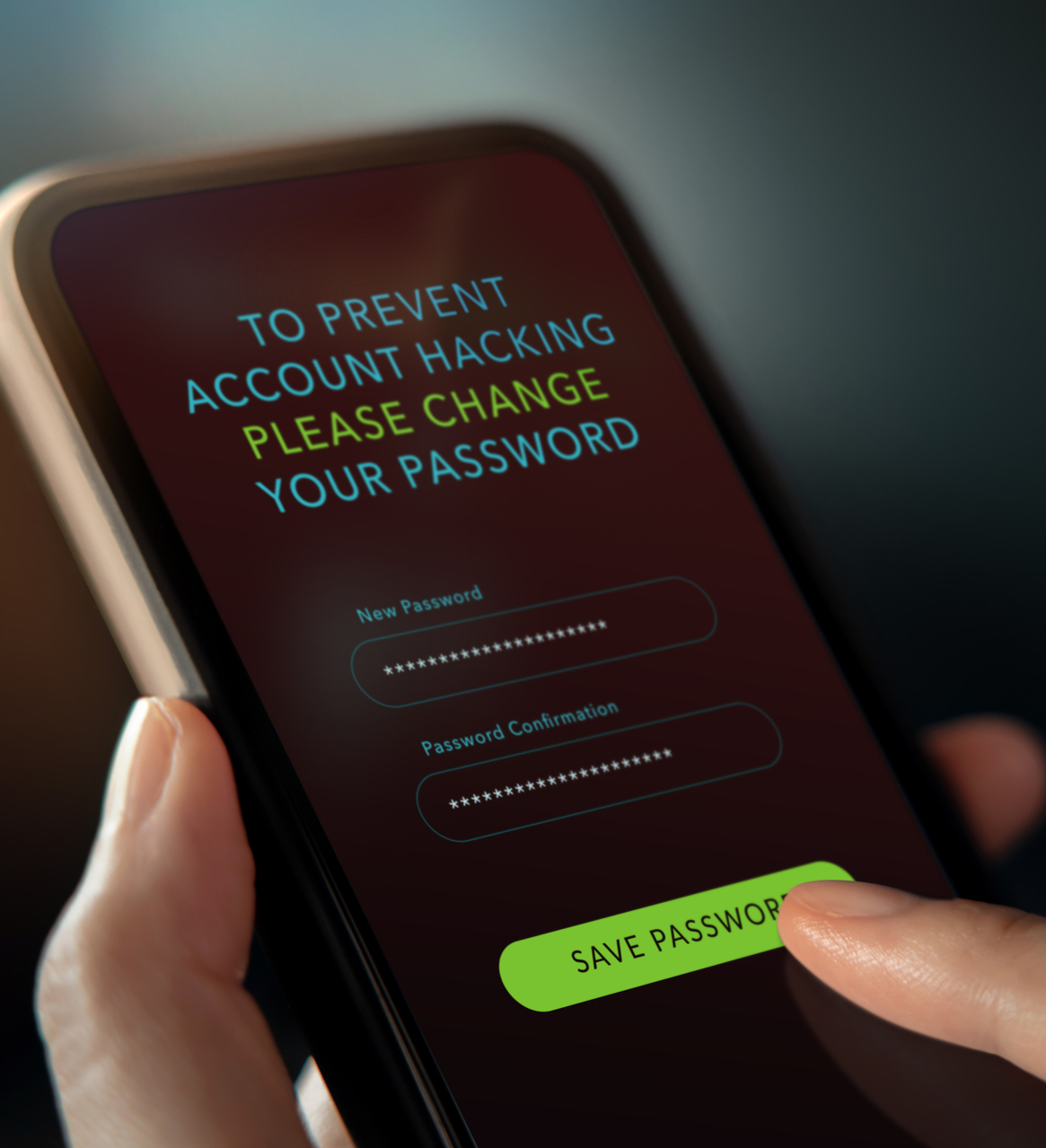Protecting your Business Data against a Fatigue Attack
Posted on 21st November 2023 at 14:48

Social engineering is common. Each attack is designed to exploit human weaknesses such as desire, or carelessness. Often, you will find a smishing text comes to you at an unholy hour when you’re asleep. In the morning, often before that all important coffee, you’re faced with what seems like an important decision. This is a fatigue attack.
Fatigue attacks exploit your tiredness and carelessness at a time when your processing faculties are compromised. By tricking people into making snap decisions at such a time is an effective way of obtaining sensitive information or pushing someone into clicking on a malicious link.
How do you protect against fatigue?
Carelessness and tiredness are so innately human, that it is impossible to teach someone to be constantly mindful. Even the brightest minds, or the strongest athletes have moments of weakness or fatigue. Short of hiring superhuman heroes from the DC Universe, accidents are likely to happen. But you can try to protect your data against a fatigue attack by doing the following:
Be aware of the signs: Fatigue attacks can take many forms, but some common signs include phishing emails, smishing texts, and vishing calls. These attacks typically try to create a sense of urgency or panic, in order to trick you into taking action without thinking.
Take breaks: If you are feeling tired or stressed, take a break from your computer or phone. Getting up and moving around will help to clear your head and make you less susceptible to a fatigue attack.
Be careful what links you click on: Only click on links from trusted sources. If you are unsure about a link, hover over it with your mouse to see the full URL. If the URL looks suspicious, do not click on the link.
Use two-factor authentication: Two-factor authentication adds an extra layer of security to your online accounts. Even if an attacker is able to get your password, they will not be able to log in to your account without the second factor, such as a code from your phone.


How to recover from a fatigue attack
As much as you can try to prevent yourself from falling prey to a fatigue attack, accidents happen. Unless you’re unfortunate, by acting quickly you could recover from a fatigue attack with relative ease. Delaying action, however, could have devastating consequences.
If you think you may have been the victim of a fatigue attack, there are a few things you can do to recover:
Change your passwords: Immediately change the passwords for all of your online accounts.
Contact your bank and credit card companies: Let them know about the attack and monitor your accounts for any suspicious activity.
Scan your devices for malware: Use an antivirus program to scan your devices for malware.
Report the attack to the authorities: You can report the attack to the National Cyber Security Centre (NCSC) or to Action Fraud.
Above all – don’t panic
Nobody likes falling prey to any kind of cyber-attack. They cause stress for individuals, and can prove costly for businesses, not to mention any tarnish left on the company’s reputation after the attack has happened. But realistically, don’t panic. Rely upon the expertise of your IT Support company or inhouse IT department.
If you are worried about your cybersecurity, please don’t hesitate to contact us on 01327 300 311, or email [email protected] with any enquiry.
Share this post:








